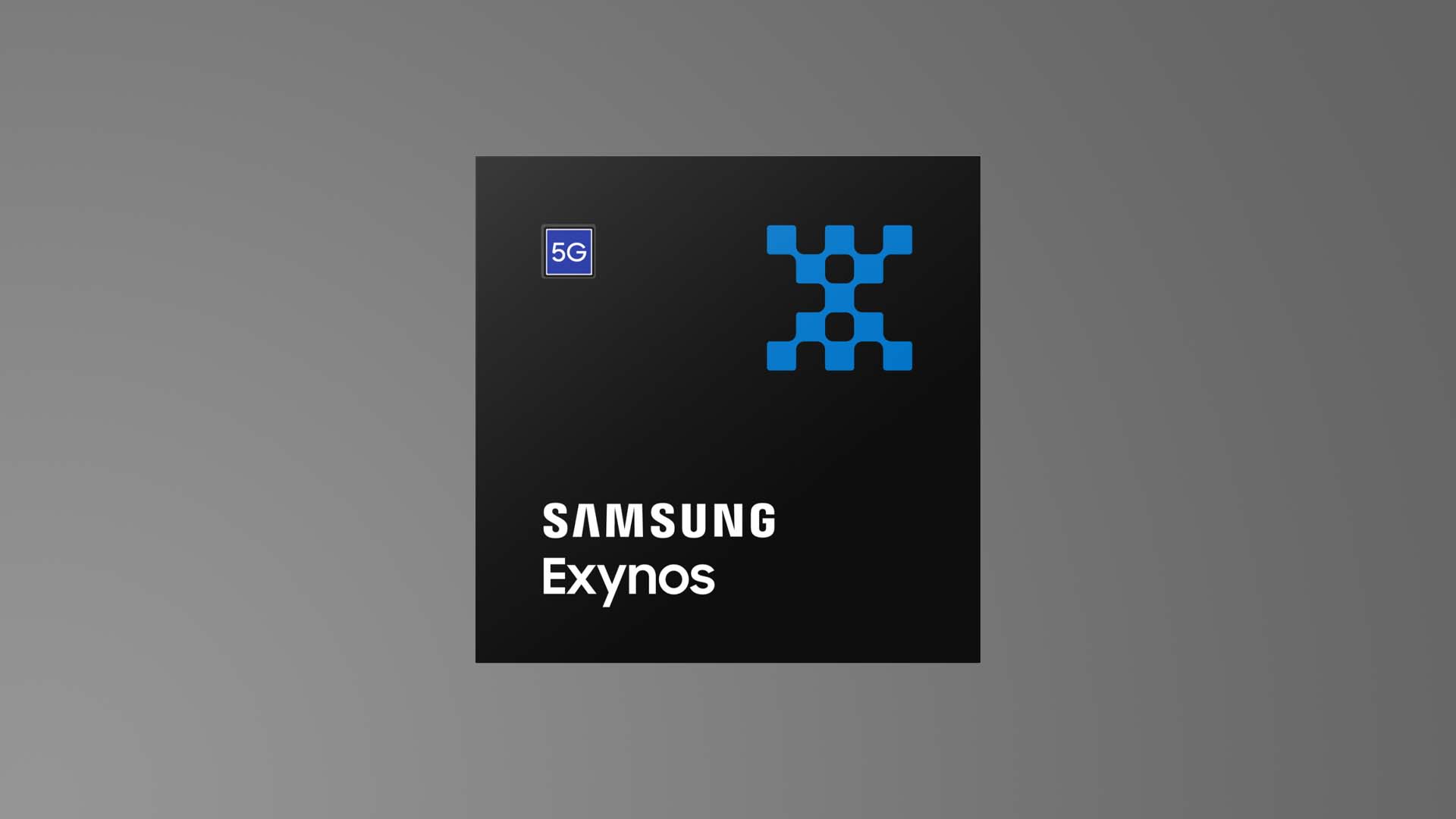Multiple leaks have told us that Samsung's upcoming Exynos 2200 processor has been in the doldrums right from the get-go. While its AMD GPU demolished everything the competition could throw at it, the CPU was less than stellar, as exhibited by its Geekbench runs. So, Samsung's decision to delay its launch isn't particularly surprising. Here's why that isn't that big of a deal as many make it out to be.
For starters, only Samsung's own Galaxy S22 series will use the Exynos 2200. That's why it doesn't matter if Samsung unveiled it today or a month later. Besides, mass-production of the SoC has been going on in full swing for months, so we can attribute the delay to last-minute optimizations. Most fans can unanimously agree that a delayed, better-performing chipset is better than a rushed product launched for the sake of it.
I'd even say that Samsung would do well to push the Exynos 2200 (and the entire Galaxy S22 series) launch to late February, or even March. All Galaxy S flagships before the Galaxy S20 followed that timeline, so there's no reason for Samsung to rush. With no Galaxy Note launch to worry about, Samsung can take all the time it needs to iron out any kinks in the Exynos 2200 and Galaxy S22.
Much of the criticism online is directed towards Samsung LSI's 4LPE node. It may be objectively inferior to TSMC's offering, but we have to remember that it is still miles ahead of the competition. Intel is still stuck (and will probably be for a while) on “Intel 10”. Global Foundries, UMC and SMIC are even further behind. Despite its flaws, Samsung LSI has managed to keep up with TSMC and that is no small feat.
Another oft-cited reason for the Exynos 2200's delay is its AMD GPU. Integrating an entirely new GPU into an SoC is daunting, and one can't really fault Samsung for taking its own time. AMD's GPUs are notorious scorcher, too, so cooling them is nothing short of a headache. Although it may have taken a bit too long, considering that the AMD-Samsung collaboration was announced in 2019.
It is easy to dunk on Exynos processors for being unable to keep up with one of its competitors (in the Android market, at least). The schadenfreude and mockery may be warranted to a certain degree, but Exynos is still a formidable competitor to Qualcomm and MediaTek. Without Samsung, the market runs the risk of becoming a Qualcomm/MediaTek duopoly and we've seen time and again how duopolies stagnate innovation.







